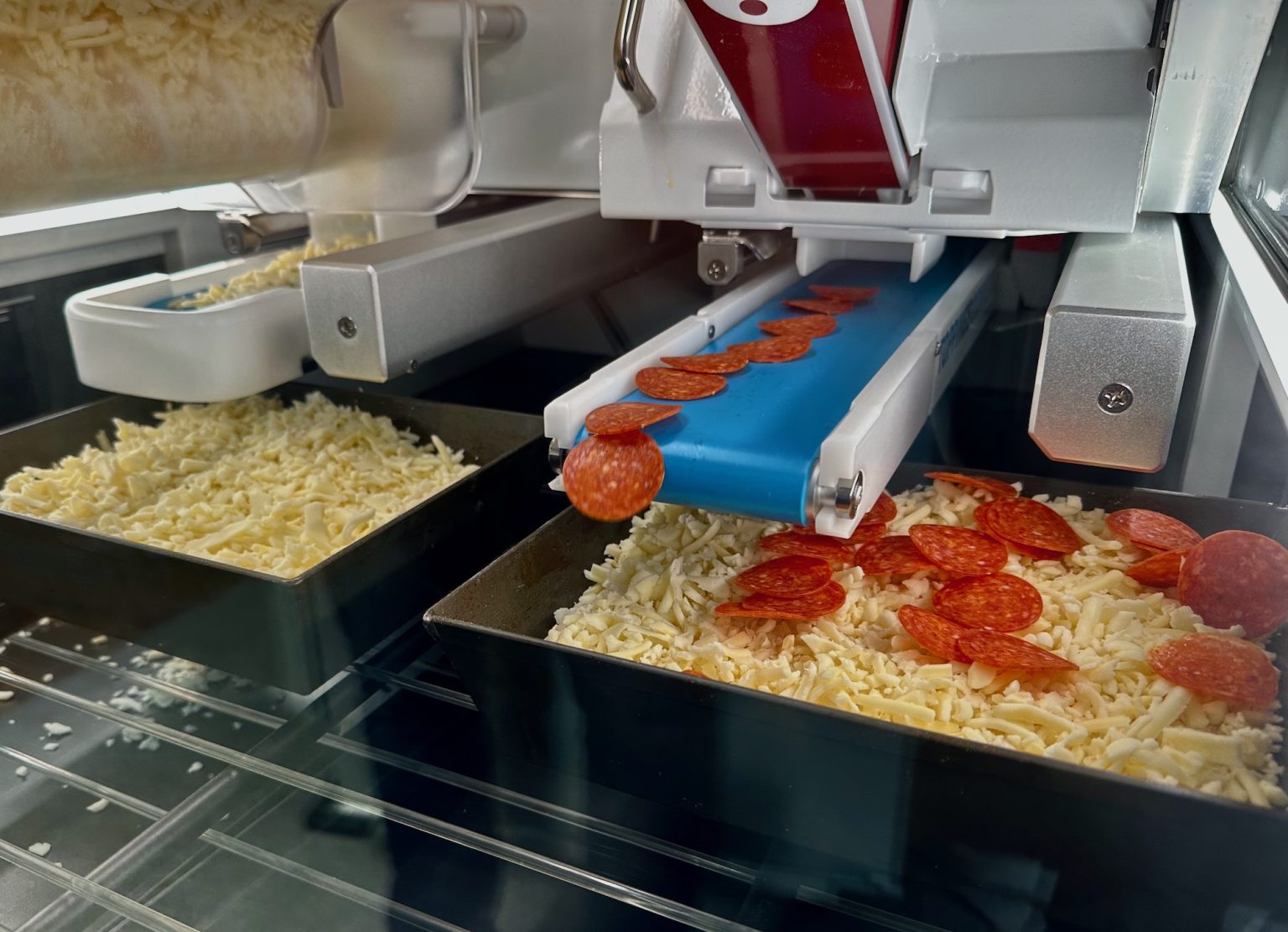New research suggests that the use of robots to address worker shortages in hospitality jobs could create a negative feedback loop worsening the problem. A survey of lodging and food service employees in the U.S. found that fears of robots replacing human workers increased job insecurity and stress, leading to intentions of resigning. This anxiety was most pronounced among workers with experience working with robotic technologies, affecting both low-level employees and managers.
There were over 1 million job openings in the U.S. restaurant and accommodation sector by the end of March, according to the Bureau of Labor Statistics. Clayton Wood, former CEO of Picnic Works, noted that while there are anxieties surrounding robots replacing jobs, there are currently high levels of vacancies in the food service sector. He suggested that robots are not taking jobs but are doing work that would otherwise not be done. Wood mentioned that if an employee is worried about robots at one restaurant, they could easily find a job elsewhere.
The turnover rate in hospitality roles has decreased in the past six months, with 4.7% of employees in restaurants and accommodations quitting their jobs, lower than the average monthly quit rate in 2021 and 2022. The research conducted by Washington State University emphasized that when introducing new technology such as robots in hospitality, it is important to focus on how people and technology can work together rather than just on efficiency.
The Pacific Northwest is home to companies like Picnic, Artly, and Cibotica that manufacture robots for hospitality use. Moto Pizza owner, Lee Kindell, is using a Picnic robot in his Seattle-area restaurants and has also tested Cibotica’s technology. While automation can be a solution for tedious tasks like dishwashing or managing hotel laundry, there is a risk that it could exacerbate the labor shortage. Good communication is key to reducing employee anxiety when implementing new technology in the workplace.
Clayton Wood shared an experience where security workers at a sports stadium initially accused Picnic employees of deploying job-stealing robots when they were installing a pizza maker. However, it was just seen as another piece of equipment once they realized the reality of the technology. Wood emphasized that while robots and AI may seem scary as a concept, the actual implementation is less threatening. The importance lies in showcasing how technology can work alongside people, rather than replacing them.
Overall, the research highlighted the need for companies in the hospitality industry to address concerns around robots replacing human workers to avoid exacerbating the labor shortage. While automation can bring efficiency and improved processes, it is crucial to consider the impact on employee anxiety and job security. Communication and collaboration between humans and technology are key in successfully integrating robots into the workforce in a way that benefits both employees and businesses.












